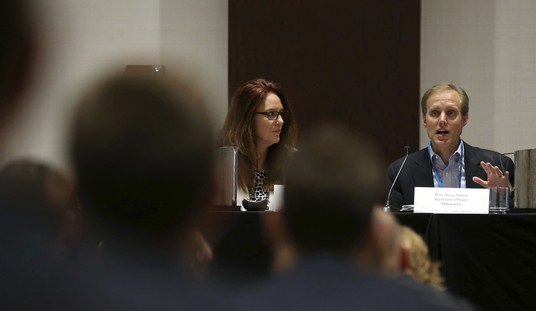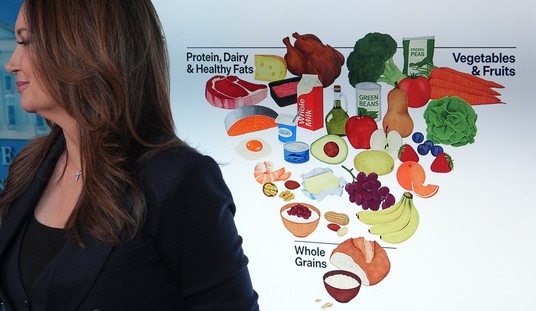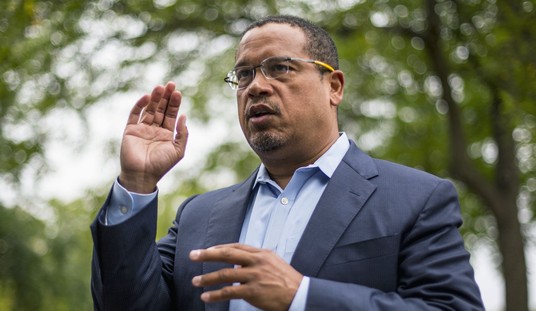The Buckley Rule — to vote for the most conservative candidate who is electable — always makes sense to me until I admit that both conservatism and electability are notoriously hard to pinpoint.
Voters can confidently examine a candidate’s in-office voting record and/or a candidate’s record of past statements, but they can’t as easily predict how a candidate will act once in office. Ronald Reagan’s gubernatorial record suggested he would be a far less conservative president than he proved to be.
Similarly, voters can confidently examine a candidate’s record of electoral wins, but they can’t as confidently predict whether a candidate will win an upcoming election. Again, Ronald Reagan’s past suggested he would be far less electable than he proved to be.
In the end, we are alone when we go to the polls — and forced to be our own authority on both conservatism and electability. In the run-up to any election, though, we look to those around us and try to come to a consensus. Lately, it has increasingly looked as though the GOP’s consensus is that Romney might make an OK nominee, after all:
Just 28 percent of those surveyed said they would like the nomination go to a brokered convention. About 48 percent said they are satisfied with their choices, and 24 percent said they’re not sure.
The Times poll also tested a number of other names that pundits have floated as late entrants into the race, or as potential consensus picks at a convention, and found none of them tops Mr. Romney.
In fact, Mrs. Palin, Mr. Bush, Mr. Christie and Indiana Gov. Mitch Daniels all seem to cut more from the rest of the field than from Mr. Romney, who wins about a quarter of the voters in each scenario.
Mr. Christie would be the strongest of the late entries, garnering 14.3 percent in a hypothetical matchup with the current field — good for third place above Mr. Paul and Mr. Gingrich, but still trailing Mr. Romney and Mr. Santorum.
Then again, we’re still just talking about a plurality here — nothing like a majority or unanimity:
The bad news for Mr. Romney is that in just about every question, he tops out at about 25 percent — substantially lower than where those who went on to win previous Republican nominations were at this point.
Who’d have guessed after the first Republican debate that — dozens of debates and a handful of primaries later — we’d be no closer to collectively choosing a nominee than we were then?








Join the conversation as a VIP Member